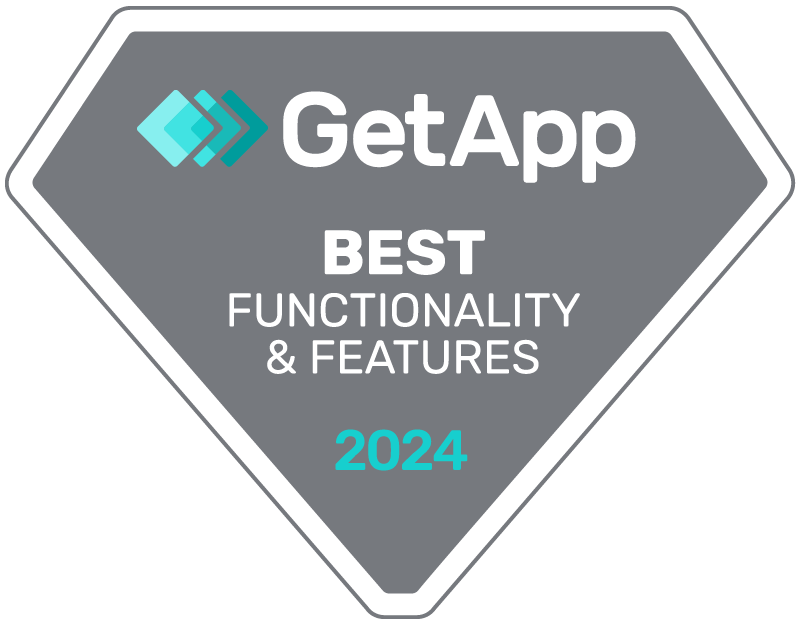Lessons in Continuous Employee Feedback

Sport and business can often learn a lot from each other, as they both look to increase effectiveness and achieve success. At the same time trends can span the two fields – as can be seen by recent stories around Accenture and Team Sky. Let’s take a look.
What is the connection? Both are using continuous feedback to improve performance and engagement. Accenture recently announced that it was getting rid of the annual performance review for its 330,000 global staff, replacing it with a more fluid, ongoing feedback system. At the same time Team Sky puts down much of its success, including recently winning the Tour de France, to a focus on continuous feedback.
The lessons from Sport
One of the reasons given for the success of British cycling and Team Sky has been the philosophy of ‘marginal gains’ – essentially looking for multiple, incremental improvements in every part of operations, rather than trying to find a single, big advantage. This has led to innovations such as Team Sky taking their own mattresses to race hotels, helping to ensure riders get a good night’s sleep to be fresher for the next day.
After a poor 2014, when team leader Chris Froome crashed out of the Tour early and the team failed to win a stage, Sky made major changes to improve culture and create a continuous dialogue within the organization.
At the heart of this was its Winning Behaviours smartphone app. This set out the key behaviors expected of the entire team, with individuals providing regular self-evaluation on how they were performing and where they could improve on each area. It was deliberately kept simple and quick – with a range of emoticons, from happy to sad faces used to deliver feedback. This is backed up by regular meetings with team principal Dave Brailsford, where feedback is discussed in more detail.

Discover what truly motivates your employees so you can skyrocket your productivity and profitability.
Learn moreThe lessons from business
Accenture’s recent announcement also sees it moving to continuous feedback. Rather than a once-a-year evaluation process employees will receive feedback from managers on an ongoing basis following assignments. Accenture CEO Pierre Nanterme commented on the previous system, “the process is too heavy, too costly for the outcome. And the outcome is not great.”
It isn’t alone. Earlier in the year Deloitte also abandoned the annual review process in terms of a faster, more agile way of measuring performance. Backing up its change, a survey it conducted with other businesses founded that 58% of executives believed that their current performance management approach drives neither employee engagement nor high performance.
So why is this move to continuous feedback happening across business and sport?
Essentially organizations are reacting to four main trends:
1. The war for talent
Recruiting and retaining talent is both crucial and difficult to achieve. Waiting a year to review someone’s performance or asking their views solely via an annual survey doesn’t build the right culture where high performers feel supported and listened to. The danger is that they’ll simply leave in the interim, rather than wait to have their say.
2. Employees are an incredible resource
Listening to staff and acting on the insight they provide is central to improving how a business operates. Whether it is contact centre agents who are talking to customers every day, or other employees across departments, their feedback is vital to succeeding in ever more competitive markets. And employees, particularly millennials, want to give and receive feedback, providing the process is simple, straightforward and actually results in change.
3. The cost and complexity of annual reviews
As well as the time they take to organize, carry out and analyze, annual reviews and surveys can impose significant costs on a business. Management research firm CEB estimates that a company with 10,000 employees spends around $35m every year on the review process – and this doesn’t include the additional costs of an annual survey. Businesses are realizing that this money can be better spent on opening and maintaining a more constant dialogue with employees, moving beyond the annual cycle and the frustrations it can bring.
4. The importance of culture
Simply assembling a group of talented individuals is not enough for business success. Creating and maintaining a strong and recognizable company culture is vital if employees are to perform at their best and pull together in the same direction. This has to go beyond the company mission statement and become a living, breathing entity. Going back to Team Sky’s Brailsford and the Winning Behaviors app, he adds, “it is no good writing your values down on paper. You have to alter the way people actually behave and bring the change to life.”
Conclusion
As HR departments grapple with these trends there is a lot that can be learnt from the experiences of Accenture and success of Team Sky. Moving to a culture of continuous, two-way feedback works equally in business and sport and equips organizations with the insight and engaged employees required for today’s competitive markets.
At Questback we are working closely with organizations who are moving to more continuous feedback models. It is a very exciting area, and I’d love to hear the views of others working in this space – join me over on Linkedin to share your comments!
Read more about Employee Surveys.









